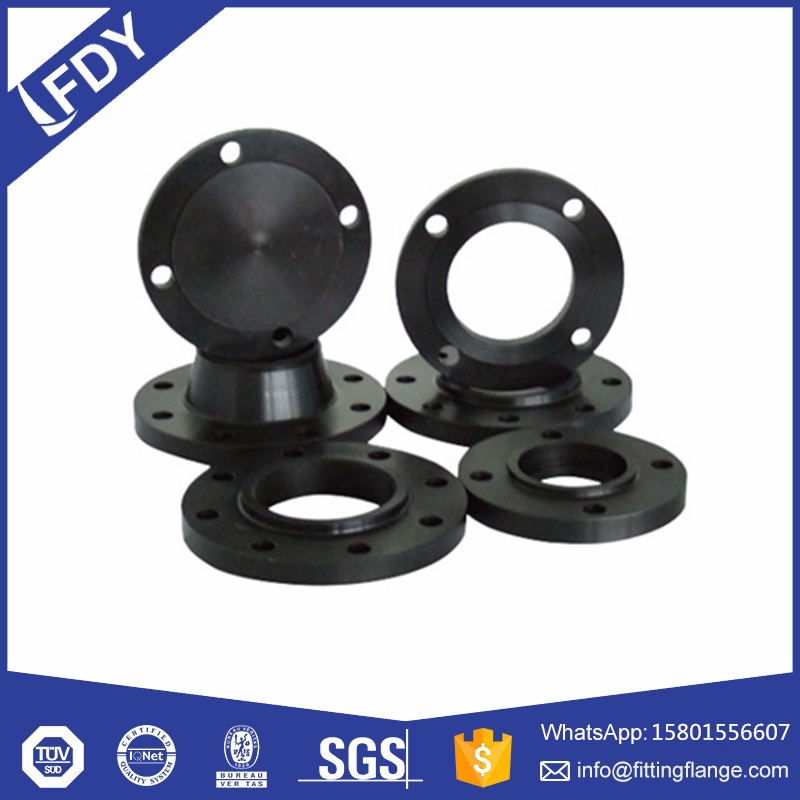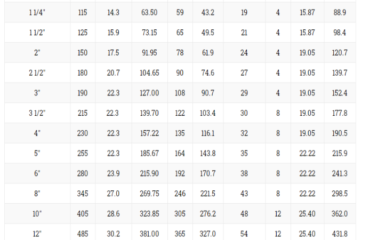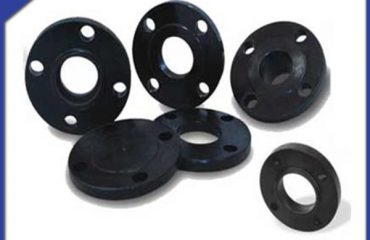
Forged flanges are stronger and more durable than flanges made by casting or welding. The forging process aligns the grain structure of the metal, resulting in a more uniform and denser material that is less prone to defects and cracks. This increased strength and durability reduce the risk of flange failure, leakage, and other forms of damage, ensuring the integrity of the pipeline system.
Forged flanges are typically made from high-quality materials such as carbon steel, stainless steel, or other alloys that offer excellent corrosion resistance. This helps prevent rust and deterioration, which can compromise the integrity of the pipeline and lead to leaks or failures over time. The corrosion resistance of forged flanges contributes to the longevity of the pipeline system and reduces the need for frequent maintenance and repairs.
The forging process allows for tight tolerances and precise shaping of flanges, ensuring a snug and secure fit between components. This minimizes the risk of leaks and pressure loss, maintaining the efficiency and performance of the pipeline system. A proper fit also reduces stress on the flanges and other pipeline components, extending their service life and preventing premature failure.
Pipeline systems are often subjected to high temperatures, pressures, and environmental conditions that can put significant stress on flanges and other components. Forged flanges are designed to withstand these extreme conditions, providing robust support and reliability in challenging environments. Their ability to maintain integrity and functionality under harsh operating conditions enhances the longevity of the pipeline system and reduces the likelihood of costly downtime or repairs.
 Language
Language Espanol
Espanol English
English Italian
Italian عربى
عربى
 Skype: chinamaker99
Skype: chinamaker99  Tel: 86-316-5120812
Tel: 86-316-5120812  Email:
Email:  Whatsapp:
Whatsapp: 
